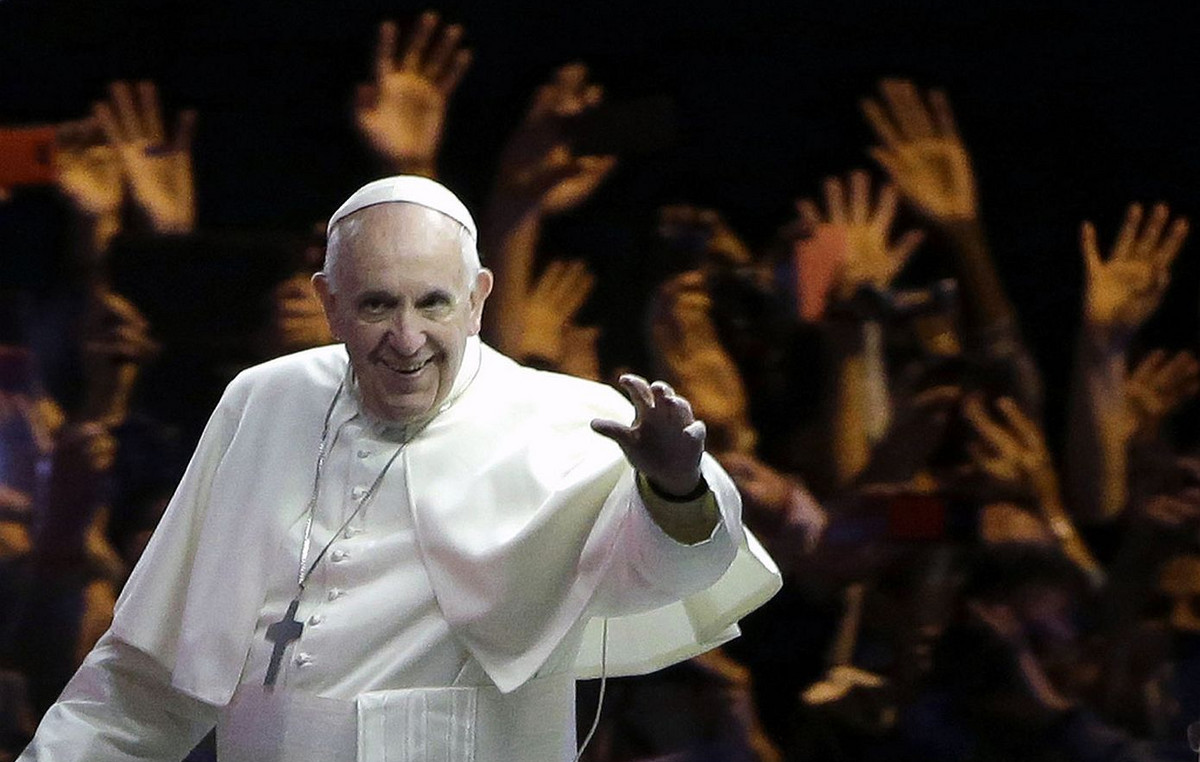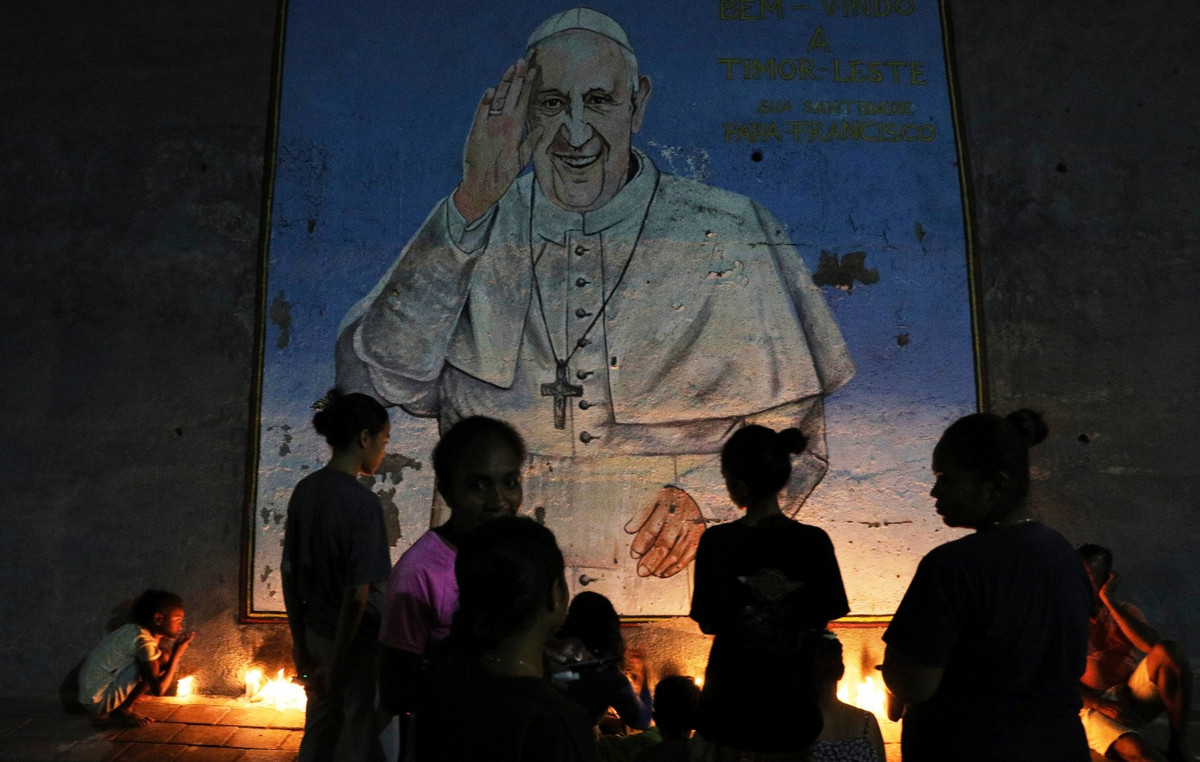Peter Navarro, a former White House aide to former President Donald Trump, reported to a federal prison in Miami, making history as the first former White House official to be held in contempt of Congress. Navarro was sentenced to four months in prison for his refusal to comply with a subpoena from the House Select Committee investigating the January 6, 2021 US Capitol attack.
Before reporting to prison, Navarro spoke for 30 minutes at a gas station and called the case against him an “unprecedented attack on the constitutional separation of powers.” He claimed that the legal tactics that were used against him would be used against Trump: “I’m upset – that’s what I’m feeling right now.” Navarro concluded: “God bless you all, see you on the other side.”
His conviction was a rare example of a member of Trump's inner circle being held accountable by the criminal justice system for his resistance to scrutiny. Navarro's time in prison comes as Trump himself has yet to face criminal consequences for the various crimes he has been accused of committing.
“It’s historic and it will be for future White House aides who are subpoenaed by Congress,” said Stanley Brand, a former House general counsel who now represents Navarro as one of his defense lawyers, on Monday (18).
Punishing Navarro for evading a House investigation will increase the leverage lawmakers will have — under administrations of both parties — to ensure cooperation in their investigations.
For decades, the two branches of government have debated the protections surrounding the presidency and how Congress can enforce its subpoena. Hhears incentives from both parties to negotiate a settlement rather than test in court the monumental issues of executive privilege and immunity in court.
In this case, the Justice Department took the unusual step of prosecuting a former White House counsel for ignoring a subpoena, at the request of Congress. after arresting Navarro for criminal contempt and referring him to the Department of Justice. Prosecutors said Navarro's complete failure to comply with lawmakers' demands puts him far removed from the back-and-forth that other former officials typically have had with lawmakers over their participation in congressional investigations.
Navarro made a final appeal for a Supreme Court intervention that would postpone his surrender to prison.
“A senior presidential adviser’s accusation that executive privilege conflicts with the constitutional independence required by the doctrine of separation of powers,” his lawyers wrote to the high court. “Not once before Dr. Navarro’s indictment did the Department of Justice conclude that a senior presidential advisor could be prosecuted for contempt of Congress following an assertion of executive privilege.”
His lawyers even invoked Supreme Court Justice Neil Gorsuch's mother, Anne Gorsuch, who as administrator of the Environmental Protection Agency in the 1980s was held in contempt of the U.S. House but was never prosecuted.
Chief Justice John Roberts rejected Navarro's request on Monday.
Navarro was never able to show that executive privilege would have applied to information related to the 2020 election.
U.S. Attorney General Elizabeth Prelogar responded to the justices that even “a successful claim of privilege would not justify complete failure to comply with the subpoena.”
While the U.S. House many decades ago would seize its own witnesses who thwarted its subpoenas, Congress in recent years could only seek enforcement of subpoenas through court proceedings – which have become more difficult during Trump's presidency – and through orders from the Department of Justice. However, the number of times the Justice Department has agreed to prosecute a witness for contempt of Congress is extremely low. In 2010, a political appointee in the George W. Bush administration was charged with contempt of Congress, then took a deal to serve a day in prison.
Although high-stakes confrontations over the roles of presidents and their advisers in congressional investigations predate the Trump administration, the former president and his allies have taken pushback to a new level, both during and after the Trump presidency.
Navarro was subpoenaed for documents and testimony related to efforts to overturn the 2020 election, culminating in the attack on the Capitol on January 6, 2021. Navarro rejected the demands, claiming that Trump had asserted privilege over the requests and arguing that the House committee must negotiate with Trump directly to resolve this dispute. He was charged in June 2022 with two counts of contempt of Congress and was found guilty on both counts last September.
Former Trump adviser Steve Bannon was prosecuted and convicted on similar charges stemming from his own failure to comply with a House committee subpoena on January 6. He was no longer at the White House during the period the House committee was investigating. U.S. District Judge Carl Nichols let Bannon serve his four-month prison sentence while his appeals continue to play out.
What Navarro's arrest must be like
Navarro is expected to spend 90 days behind bars, given federal laws that allow for early release of certain inmates.
He expects to be assigned to an air-conditioned dormitory reserved for “elderly” inmates, according to Sam Mangel, the prison consultant Navarro hired to prepare for his incarceration.
This dormitory houses 80 men in bunk beds, Mangel told CNN and “there will be no privacy in the dormitory.”
“It can be scary and intimidating. But he will be perfectly safe,” said Mangel. Navarro will have access to TVs that are set up in the prison and allow him to follow the news, and he will also be able to use email and make phone calls.
The prison is one of the oldest in the country, and is next to the city's zoo.
“Not only can you hear the lions… you can hear the lions roar every morning,” Mangel said.
Source: CNN Brasil
Bruce Belcher is a seasoned author with over 5 years of experience in world news. He writes for online news websites and provides in-depth analysis on the world stock market. Bruce is known for his insightful perspectives and commitment to keeping the public informed.







